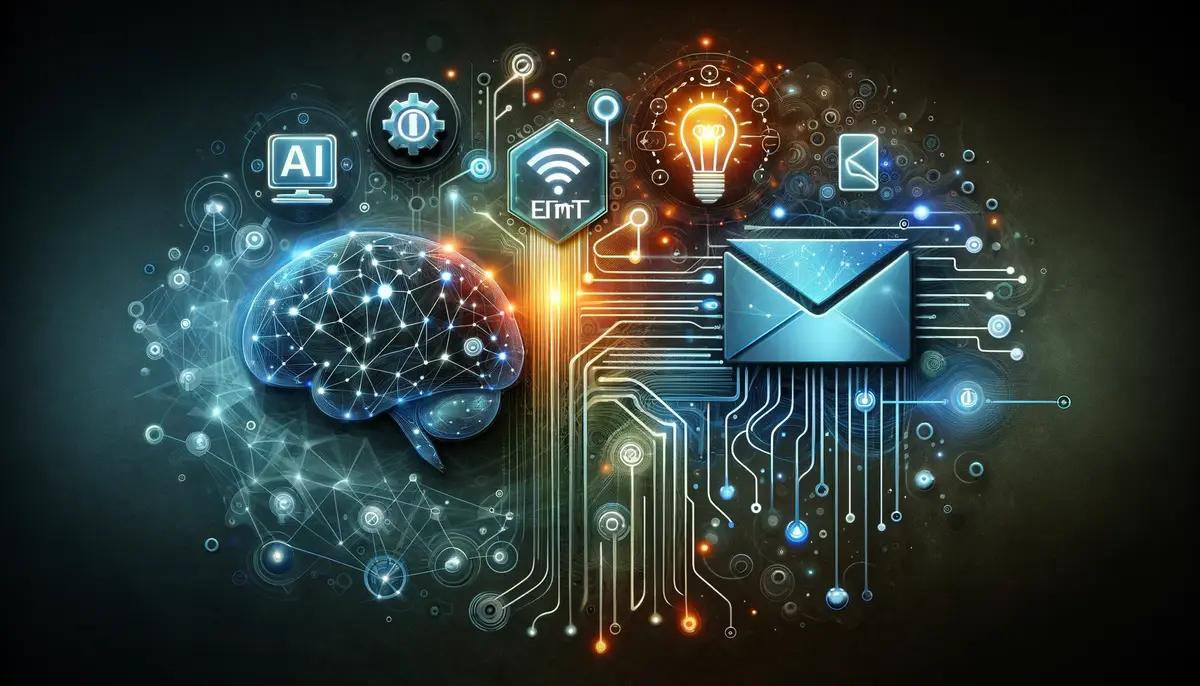AIM Uncovered
Exploring the latest insights and trends in technology and innovation.
When Your Toaster Knows More Than You Do
Uncover the surprising ways smart toasters outsmart us! Explore the tech behind your kitchen gadgets in this eye-opening blog.
The Rise of Smart Appliances: How Your Toaster Became a Tech Guru
In recent years, we have witnessed a remarkable shift in the way we interact with household devices, leading to the rise of smart appliances. Today's kitchen gadgets are no longer just tools; they have evolved into interconnected systems that enhance our daily lives. For instance, consider the humble toaster. With advancements in technology, these devices can now be controlled via smartphone apps, allowing users to select browning levels, monitor their toast from a distance, and even enjoy recipe suggestions. This transformation illustrates how even the simplest of appliances has adopted a tech-savvy persona, making cooking more efficient and intuitive. To learn more about the evolution of smart appliances, check out this article on Forbes.
Furthermore, the integration of the Internet of Things (IoT) has allowed smart appliances to communicate with each other, streamlining kitchen operations like never before. Imagine a morning routine where your toaster works in harmony with your coffee maker to ensure everything is ready right when you wake up. This level of connectivity not only saves time but also minimizes energy usage, making it a sustainable option for eco-conscious consumers. The rise of smart appliances signifies a new era of convenience and functionality in the home, positioning them as essential companions in our increasingly busy lives. To explore more about the impact of IoT on home appliances, visit McKinsey & Company.

Are Smart Toasters Making Us Less Smart? Understanding the Impact of Technology on Daily Life
As technology continues to advance, smart toasters have emerged as a quintessential example of how our daily devices can be transformed into high-tech helpers. These appliances not only toast bread at the perfect level of crispiness but also connect to our smartphones, allowing us to customize settings and even receive notifications. However, the convenience they offer raises a critical question: are we becoming overly reliant on such technology? According to a Psychology Today article, increased dependency on smart devices may impair cognitive skills, as we often bypass critical thinking in favor of convenience.
Moreover, this reliance on technology can lead to a diminished ability to perform simple tasks. When a task as straightforward as toasting bread requires a certain level of interfacing with a smart application, we might find ourselves losing the basics of involvement in our daily routines. Experts argue that this shift can impact not just individual skills but our collective intelligence. Forbes suggests that as appliances become smarter, our engagement in basic cooking techniques diminishes, ultimately leading to a loss of functional knowledge that has been passed down through generations.
Can Your Toaster Predict Your Breakfast Preferences? Exploring AI in Everyday Appliances
As technology continues to shape our daily lives, the incorporation of artificial intelligence (AI) into household appliances has been a game-changer. Imagine a toaster that can not only brown your bread to perfection but also analyze your breakfast habits over time to better cater to your preferences. With the advent of smart home devices, appliances equipped with AI algorithms are now able to track an individual's usage patterns. This means that your toaster could potentially learn your favorite settings and remember them for your next breakfast, delivering a personalized experience that enhances your morning routine.
The integration of AI in everyday appliances may seem futuristic, but it's becoming increasingly viable. Smart toasters, for example, can use connected apps to provide users with insights into their consumption habits. They can prompt users with notifications and suggestions—like when to try a new type of bread or how to perfectly toast a bagel. This innovative technology not only offers convenience but also allows for a customized approach to meals. As appliances become more responsive and intelligent, we may soon find ourselves asking, can your toaster predict your breakfast preferences? Discover more about the potential of AI in smart kitchens through sources like Forbes and see how close we are to realizing this tasty dream.